Filing Home Insurance Claims Tips
Floods, Fires ... and Home Insurance Claims
These tips could make it easier to file for damage to your property
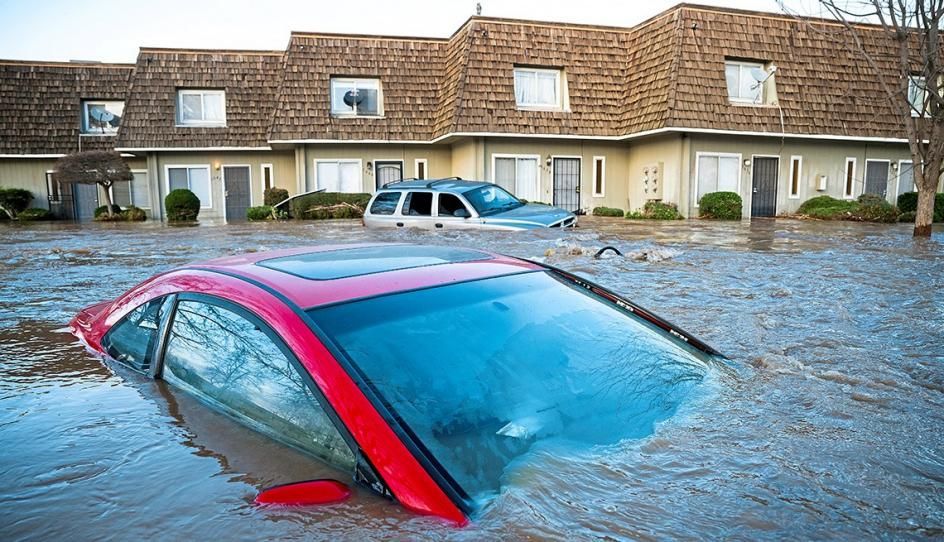
By Penelope Wang, AARP
March 20, 2023
Here’s a scary statistic: About 70 percent of homeowners who filed claims after the 2020 California wildfires reported problems with their insurer, including difficulty getting claims paid, according to a survey by United Policyholders, a nonprofit that advises consumers on insurance claims. That’s just one incident, but take the message to heart: Following a natural disaster, you’ll commonly find yourself struggling with your insurer to cover damage to your home and its contents. But there are ways to help reduce the chances of insurance battles, both beforehand and during the crisis. To help speed up payments if disaster strikes, take these steps.
1. Know your coverage
Right now, before any crisis, review your homeowners or renters policy to verify which claims can be reimbursed. In addition to losses from fire and smoke, standard policies cover damage caused while putting out a fire. If a disaster leaves your home uninhabitable, these policies also reimburse you a certain amount for living expenses, such as rent or hotel bills, restaurant meals and transportation.
Pro tip: Set up time with your insurance agent or a representative from your insurer to talk through disaster scenarios unique to your home and property. What coverage would you have if wind knocked that maple tree in your front yard onto your home? If a fire is caused by human error? If a leaky old pipe damages a wood floor? Sometimes talking it out is easier than deciphering a policy’s fine print.
2. Focus on flooding
This is key: Most home insurance policies do not cover flood damage. For that, whether you own or rent, you must purchase a private flood policy. Homeowners, generally speaking, can get up to $250,000 in coverage for the structure itself; owners and renters can get up to $100,000 in coverage for the home’s contents. For more information and links to companies selling insurance in your area, go to the government website FloodSmart.gov. Be aware: After a storm that includes high winds, rain and flooding, expect insurers to dispute the true cause of the damage, in hopes that the other insurer is on the hook to pay up.
The presence of flooding may make it difficult to convince your insurer to pay your claims, as Jennifer Hauber, 69, discovered. In September her rental home on Florida’s Sanibel Island was hard hit by Hurricane Ian, which caused wind and rain damage, as well as flooding from storm surge. Hauber, who had renters coverage, filed a claim for losses to her personal property. But citing the flooding, the insurer has so far denied her claim, saying the damage was not covered. She has received only a $250 check to cover the spoiled contents of her refrigerator. “I’ve made repeated phone calls, but the insurance company won’t review my claim,” she says.
Pro tip: If you’re hit by flooding or another disaster, you can also reach out to the Federal Emergency Management Agency (FEMA) for financial assistance and direct services. Hauber received almost $3,000 in aid from FEMA.
3. Prepare for the adjuster
Once you file a claim, your insurance company will assign an adjuster to assess the amount of your loss. Pull together a record of the value and purchase dates of the items in your home ahead of time. Take photos or a video of your belongings in and around your home once a year and store that information online or with an out-of-state friend or relative. After a disaster, collect receipts for your living costs and, if possible, repair estimates. “The more you can document your property losses before the adjuster arrives, the faster the claims-filing process will go,” says Douglas Heller, director of insurance for the Consumer Federation of America, a nonprofit advocacy group.
When the insurance company adjuster arrives, be sure to point out all the damage and provide the adjuster with detailed notes, documentation and bills for any emergency repairs you may already have had done. Don’t hesitate to ask questions, Heller says. Is the adjuster an insurance company employee or someone brought in from outside? How much experience does the person have? Adjusters’ backgrounds may affect their understanding of the costs of rebuilding in your area.
Pro tip: Verify the identity of the adjuster and any other workers that come by. Ask for, and confirm, a contractor’s license. During natural disasters, scammers often show up, as well as fly-by-night contractors asking for cash down for doing repairs.
4. Contact your mortgage servicer
Homeowners who are still paying off their mortgage often don’t realize that their insurer will put the mortgage servicer’s name on a settlement check to protect the lender’s financial interest in the property. So call your servicer right after filing a claim to learn what you have to do to get your lender to cosign the check and release the money, says Janet Ruiz, director of strategic communications for the Insurance Information Institute trade group. Failing to do so may delay receipt of your funds from the insurer.
Pro tip: To find the contact information for your servicer, check your monthly mortgage statement for a phone number or website.
5. Track the claims process
While you may get money up front to cover immediate essentials, it could take weeks or months to get a full damage estimate and full payment. Insurers are often swamped by claims in the aftermath of disasters. The United Policyholders survey found that 58 percent of 2020 California wildfire respondents had not yet settled the dwelling portion of their claim 12 months later. In short, you’ll need to stay on top of your claim until it’s fully paid.
If the insurer says your policy excludes coverage of certain damages, or offers an amount that you consider too low, demand that the rep identify the exclusion or limit to your policy in writing, says Gary Baca, president of Counter Point Public Adjusting in Los Angeles. Perhaps the adjuster did not know how to accurately estimate the value of your property; that may require supplying additional documentation or a new repair estimate, Baca says. And if an insurer denies a claim by saying it was flooding, not wind or rain, that caused the damage, you can appeal the denial and supply additional documentation, such as expert reports, including a contractor’s opinion, or photographic evidence.
Pro tip: You may be assigned a new adjuster several times during the claims process. Keep a detailed record of your contact with the insurer so you don’t have to start from scratch, Heller says.
6. Consider getting help
In some cases, you may want to hire a public insurance adjuster — an independent adjuster who works for you, not the insurer, and represents only you in your claim. This can make particular sense if the insurer is offering much less than you think you deserve, and if you’re finding the negotiations and paperwork too complicated to handle. “If you’re displaced from your home — especially seniors who are very vulnerable — it can be really helpful to have an expert assist you,” Baca says. In return, you’ll pay a fee, often on a contingency basis and typically capped at 10 to 15 percent of the insurance payment. (Some states have no caps.) To find a public adjuster, go to the National Association of Public Insurance Adjusters website. Ask for references and check that the adjuster is experienced, as well as licensed in your state (though some states don’t require licensing).
Pro tip: If all else fails — for example, if you believe that your insurance company has broken the terms of your contract — consider hiring a plaintiff’s attorney who specializes in insurance law, as well as filing a complaint with your state’s department of insurance or, for a flood claim, with FEMA.
Penelope Wang is an award-winning personal finance journalist who has worked at Consumer Reports and Money magazine.
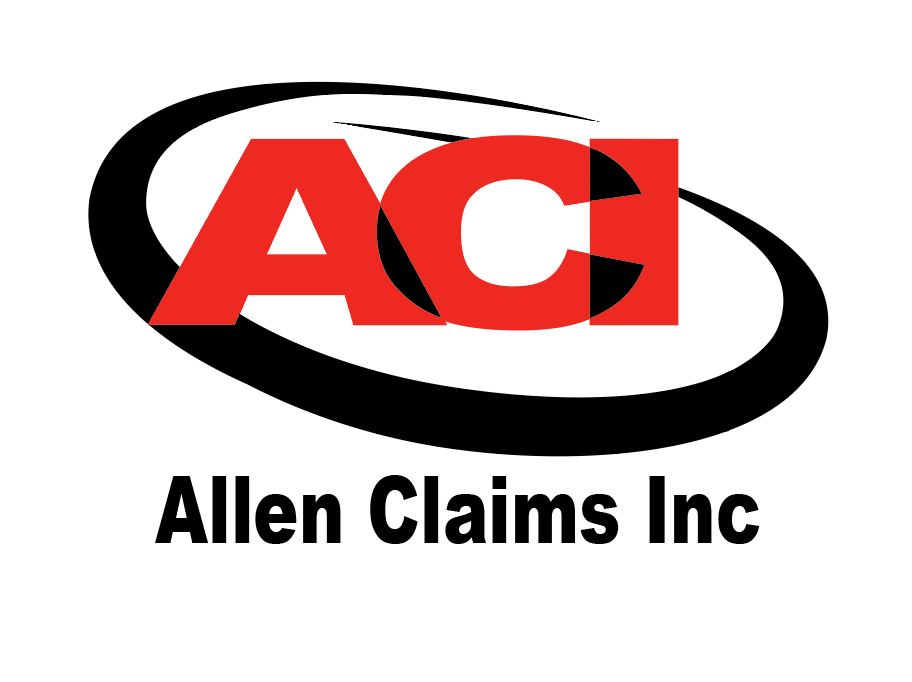
areas we serve
Commercial & Residential Claims - PA
Missouri - 3001854082
Kansas - 12622893
Kentucky - 1191192
Iowa – 3001888357
Oklahoma – 40124554
Nebraska – 12622893
Minnesota - 40826034
Montana - 3002677096
Illinois - NPN12622893
South Carolina - 12622893
Colorado - 827334
New Mexico - 12622893
Tennessee - 12622893
North Carolina - 3003331482
Ohio - 1631626
Indiana - 4083984
Contact Us
6309 NW Kelly Dr #3
Parkville, MO 64152
Insurance Adjustment, Estimation, Claim Loss, & Causation Experts
Business Hours
Call to Schedule an Appointment
License: NPN - 20255693
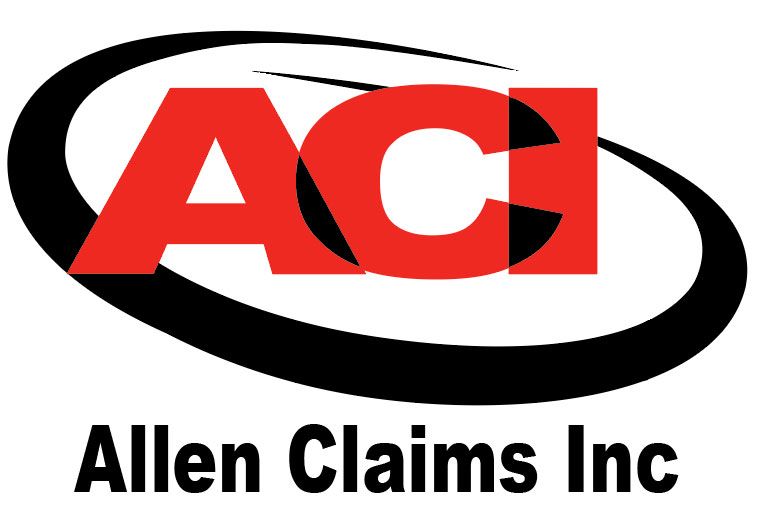
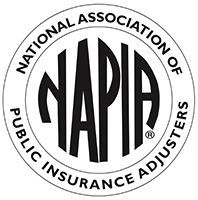


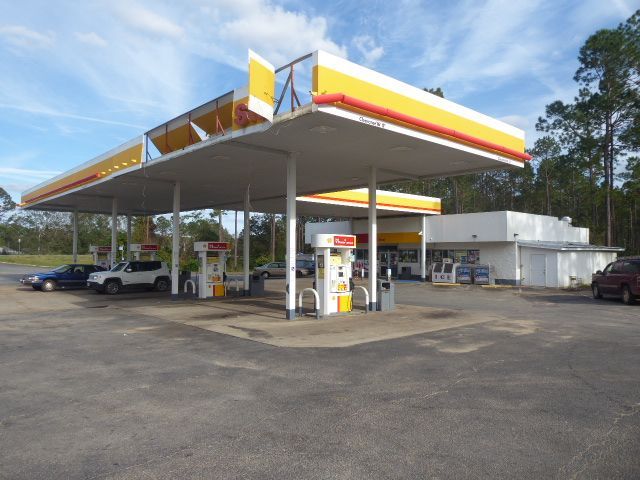
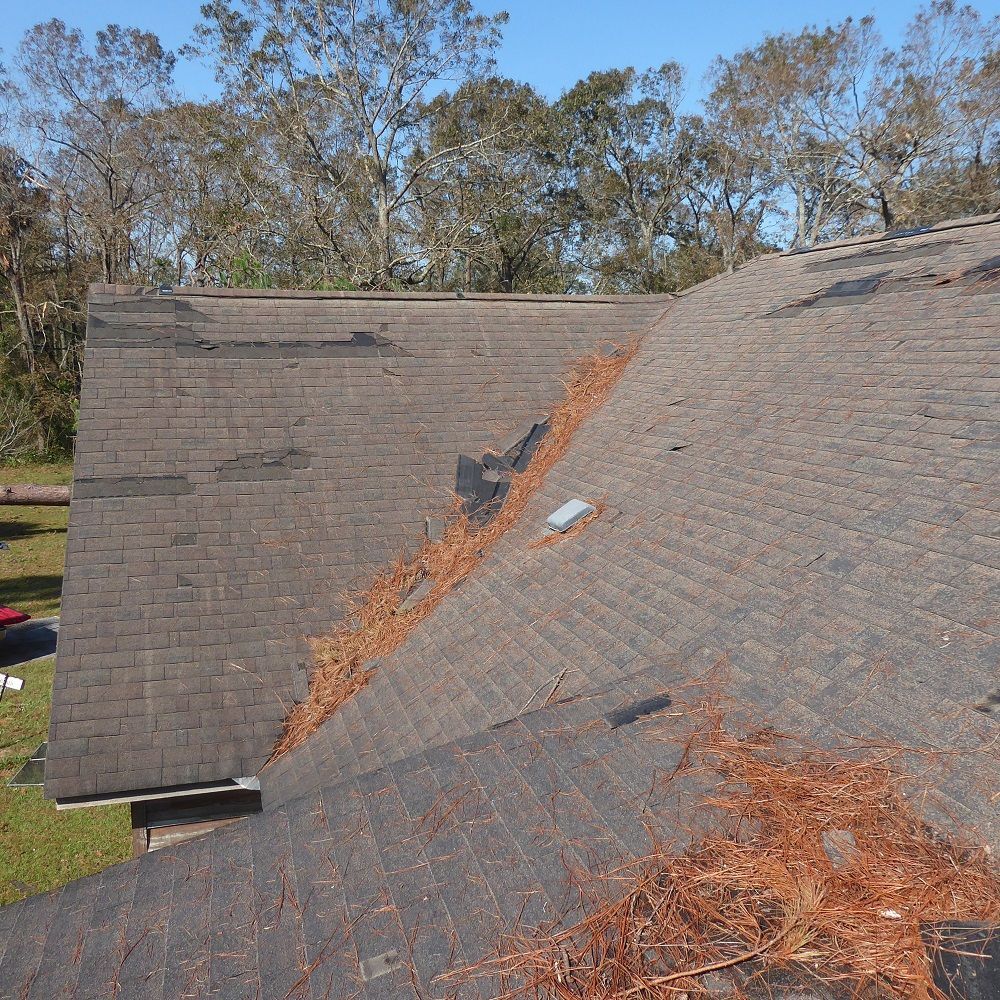
Share On: